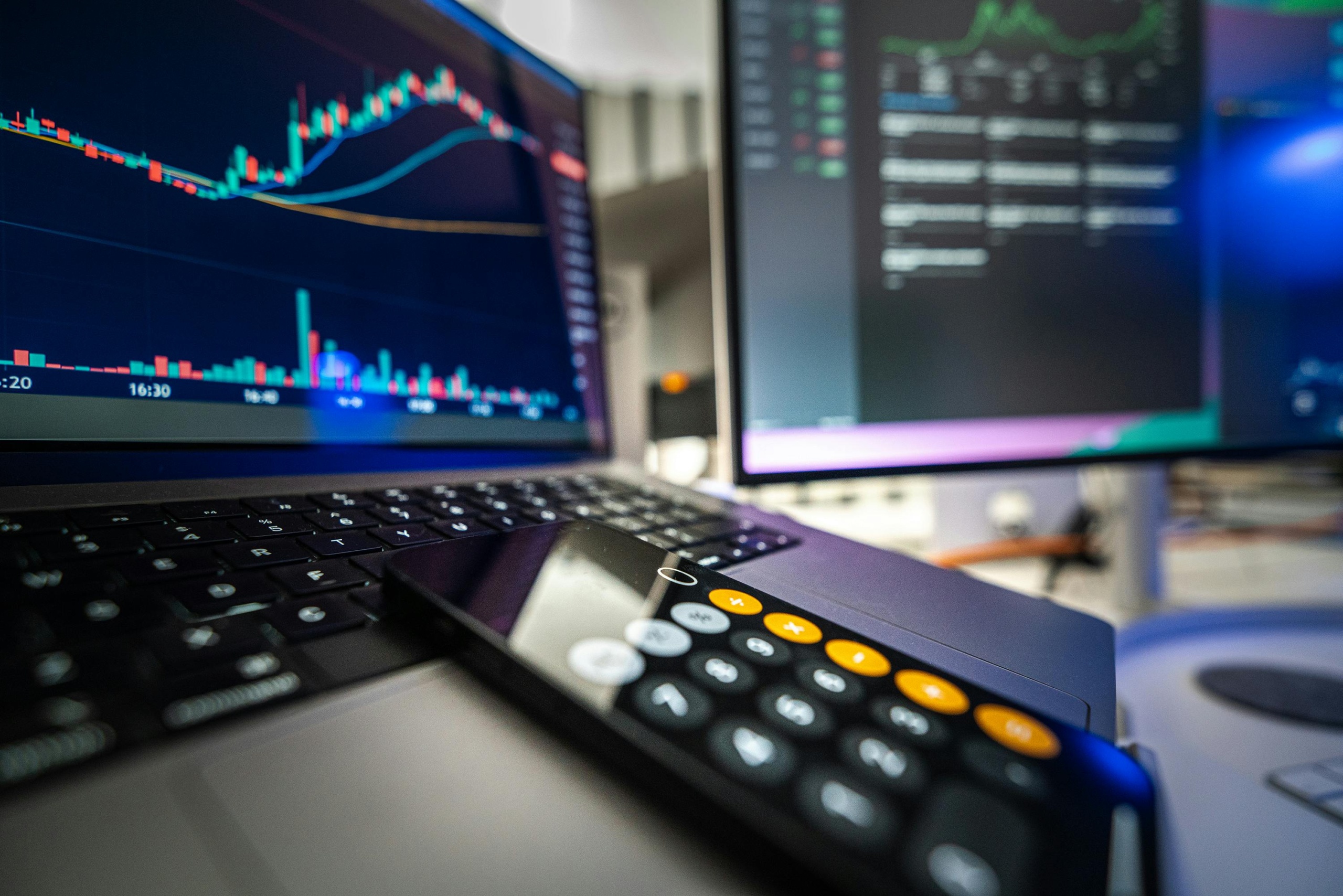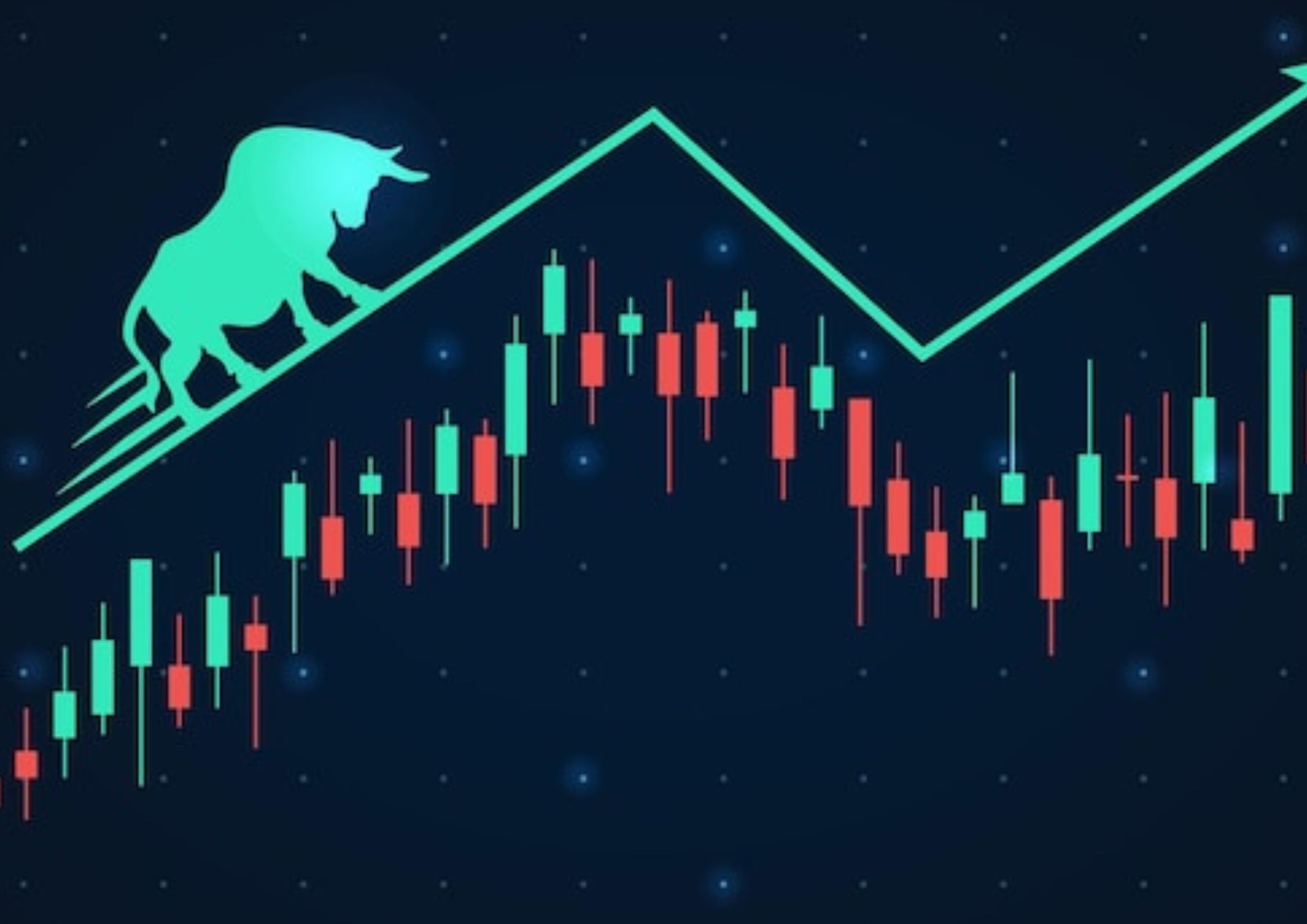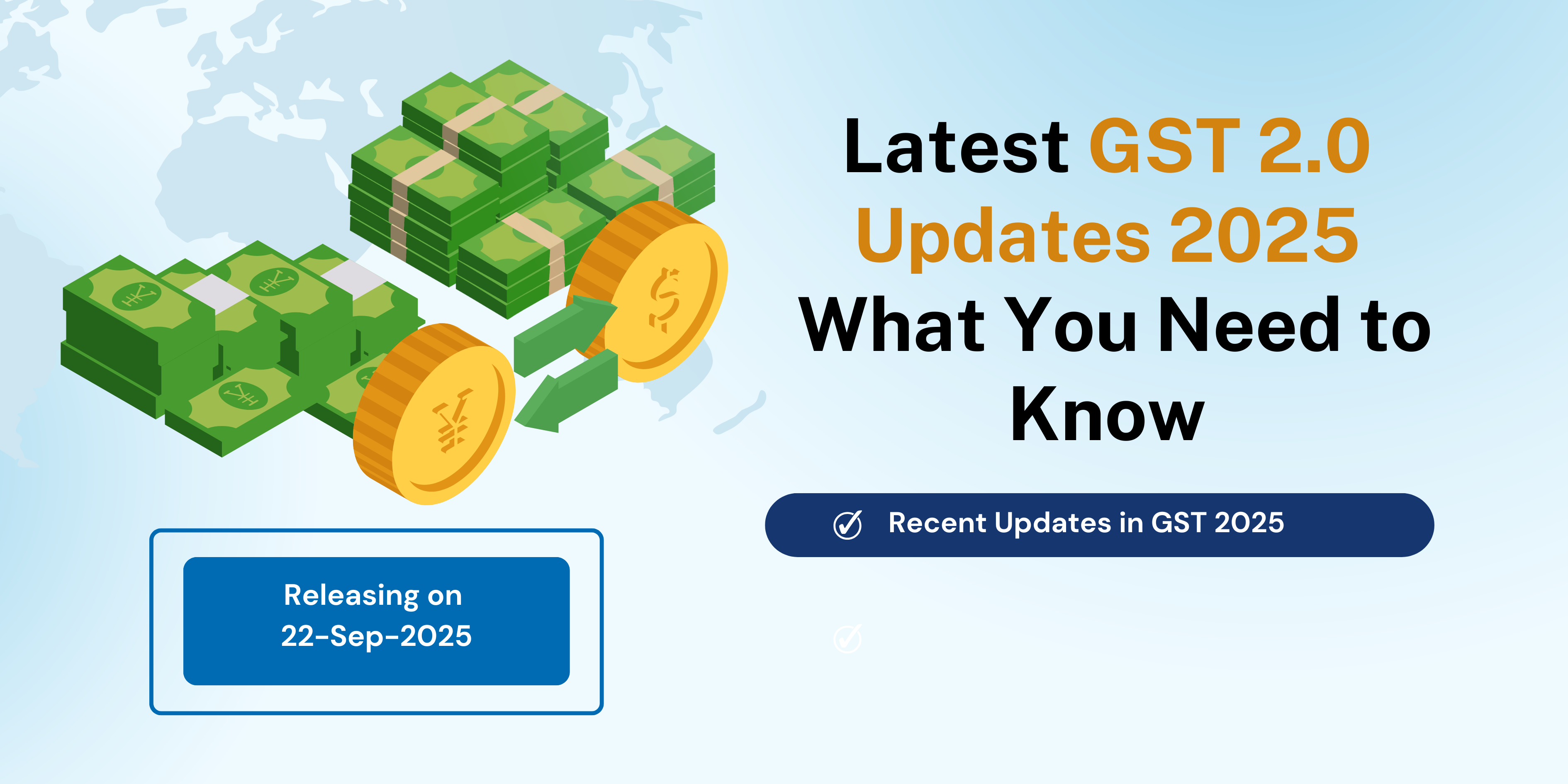
How to Manage Risk in Trading
Trading is becoming common in this fastest-growing world. People are curious about earning money from trading and the amount of traders is also increasing day by day but it is important to note that trading is not so simple for every person. Trading needs expertise because only experts can make a profit from trading. As well as a Professional trader always takes calculated risks and they know about the importance of managing risk in trading. In this composition, we will explore how to manage risk in trading because it is an important factor in your trading journey.
A Well-calculated Trading risk analysis is always helpful for traders to protect their wealth from catastrophic losses. It is important that you should first become familiar with the risk-reward ratio on every trade. You also know there is no way to avoid risk in trading even a single trade or stock also contains risk.
Understanding Market Risks
The financial markets are inherently unstable and they can take sudden shifts. It would help if you recognized the impact of volatility and understanding market traits is important. By comprehending the risks related to market dynamics, traders can make informed decisions.
Setting Risk Tolerance
One size does not fit all when it regards risk. Assessing your personal Risk tolerance in investing
is step one. Establishing acceptable tiers of loss ensures that your trading approach aligns together with your economic objectives.
Diversification Strategies
Spreading your investments throughout different assets is a fundamental risk control strategy. By diversifying, you minimise the effect of poor performance in a single investment, balancing risk and return.
Utilising Stop-Loss Orders
Implementing stop-loss orders is a proactive approach to Risk management strategies. This tool facilitates you to limit potential losses by way of routinely promoting an asset whilst it reaches a predetermined price.
Research and Analysis
Successful trading requires comprehensive research. Utilise both technical and fundamental Trading risk evaluation to make well-informed decisions, decreasing the element of unpredictability.
Risk-Reward Ratio
Understanding Risk-reward ratio in trading is vital. Evaluate the potential profits versus capacity losses for each trade. This facilitates keeping a favourable balance in your overall portfolio.
Continuous Monitoring
The economic environment is dynamic, requiring steady attention. Regularly investigate and re-evaluate your risk exposure, adapting your strategies to changing market situations.
Psychological Aspects of Risk
Emotions can cloud judgement in trading. Controlling emotional responses to losses and averting impulsive decisions are critical for consistent fulfilment.
Emergency Plans
Prepare for the surprise by having emergency plans in the area. Anticipate potential market occasions and set up contingency plans to mitigate risks.
Learning from Mistakes
Analysing beyond trading errors is a precious learning opportunity. Implement corrective measures based on this training to enhance your chance management strategy.
Stay Informed about Market News
Keep yourself knowledgeable about financial news and respond promptly to market developments. Staying ahead of the curve allows you to alter your method accordingly.
Professional Guidance
Seeking recommendations from financial specialists and joining trading communities presents precious insights. Learning from experienced professionals enhances your risk control talents.
Adapting to Changing Markets
Flexibility is key in buying and selling. Please adapt your strategies to evolving market conditions, making sure that your approach stays effective in exclusive situations.
Effective Risk Management is the bedrock of successful trading. By understanding Market volatility and risk, setting danger tolerance, diversifying, and employing numerous strategies, traders can navigate the risky financial landscape. A disciplined technique, continuous monitoring, and learning from experiences contribute to long-term fulfilment in trading.



